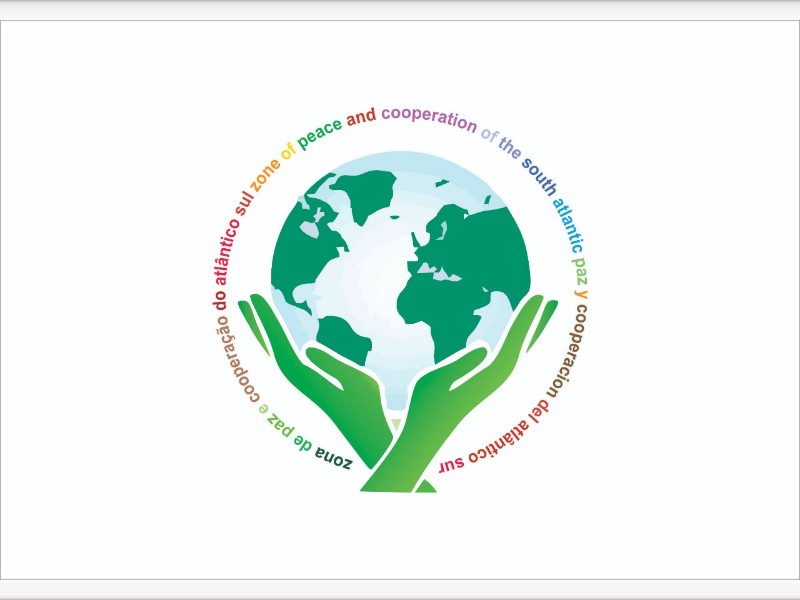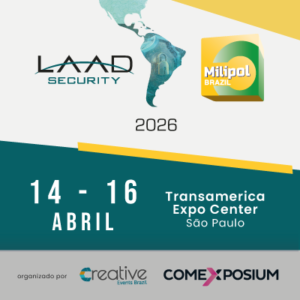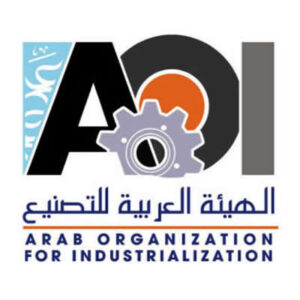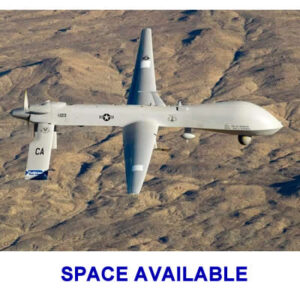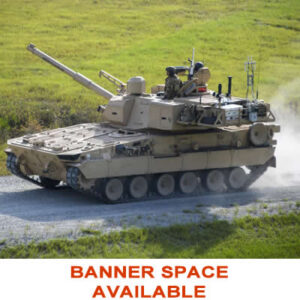What is ZOPACAS and why is it important?
The Zone of Peace and Cooperation of the South Atlantic, known as ZOPACAS or ZPCAS, represents the main instrument aimed at addressing security issues in the vast expanse of the South Atlantic, bringing together all countries that share the coastline of this significant geographical region.
Its origin dates back to the Cold War period, especially during the 1970s and early 1980s, when concerns about security and stability in the South Atlantic grew. These concerns arose in response to various manifestations of foreign influence in the region and maritime instability resulting from conflicts on land, such as those in Southern Africa, where conflicts related to the former apartheid in South Africa unfolded. At that time, countries like Angola, Mozambique, and Namibia were involved in struggles for independence, also resisting the influence of South Africa.
The importance of creating ZOPACAS was indeed recognized in 1982 when the South Atlantic became the stage for a bloody conflict between the United Kingdom and Argentina. Given the United Kingdom’s status as a nuclear power, ZOPACAS, established in 1986, quickly adopted the primary goal of preventing the proliferation of nuclear weapons in the region. Furthermore, progressively, the institution sought to reduce, or even completely eliminate, the military presence of external countries in the region.
This South-South cooperation forum, with the purpose of fostering peace, was proposed during the Brazilian government of President Sarney and received support from the Argentine government of Afonsín. Subsequently, it was presented at the United Nations General Assembly, obtaining approval despite the United States’ opposition. Thus, in 1986, this initiative was established, configuring itself as a zone free from the arms race that was prevailing at that time.
Following the 1st Ministerial Meeting in Rio de Janeiro in 1988, the Zone of Peace and Cooperation of the South Atlantic (ZOPACAS) has organized significant gatherings in various cities over the years. Subsequent meetings took place in Abuja, Nigeria (1990); Brasília, Brazil (1994); Somerset West, South Africa (1996); Buenos Aires, Argentina (1998); Luanda, Angola (2007); Montevideo, Uruguay (2013); and on the island of São Vicente, Cape Verde (2023).
Notably, there was a 10-year gap between meetings, but a remarkable milestone was achieved when the city of Mindelo in Cape Verde hosted the VIII Ministerial Meeting of ZOPACAS in 2023. During this gathering, 16 out of the 24 member countries convened to discuss and finalize the Mindelo 2023 declaration and action plan. This meeting provided a recent opportunity for the countries to explore and reflect on common challenges, visions, and approaches of each state in the region, encouraging cooperative and collaborative solutions and the need to revitalize the institution.
At the Mindelo meeting, the Minister of Foreign Affairs of Brazil emphasized the strategic importance that the Brazilian Navy attributes to cooperation in naval operations in the South Atlantic: “The South Atlantic is vital to all our societies, and maintaining its peaceful character must be our top strategic priority. To achieve this, we need the ability to patrol and defend it.”
Currently, the members of ZOPACAS are South Africa, Angola, Argentina, Benin, Brazil, Cape Verde, Cameroon, Republic of Congo, Ivory Coast, Gabon, Gambia, Ghana, Guinea, Guinea-Bissau, Equatorial Guinea, Liberia, Namibia, Nigeria, Democratic Republic of the Congo, São Tomé and Príncipe, Senegal, Sierra Leone, Togo, and Uruguay. Although the United Kingdom and France have overseas territories surrounding the entire Atlantic, these two countries are not part of the coalition.
Conferences are conducted in the official languages, which include Portuguese, Spanish, English, and French. Five of the eight member countries of the Community of Portuguese Language Countries (CPLP) are also part of ZOPACAS: Angola, Brazil, Cape Verde, Guinea-Bissau, and São Tomé and Príncipe. Additionally, almost all African countries that are members of ZOPACAS are also part of the International Organization of La Francophonie. These countries include Benin, Cape Verde, Cameroon, Congo, Ivory Coast, Gabon, Guinea, Guinea-Bissau, Equatorial Guinea, Democratic Republic of the Congo, São Tomé and Príncipe, Senegal, and Togo.
Brazil, remaining committed to strengthening ZOPACAS, has undertaken various initiatives concurrent with Ministerial Meetings. Seminars on maritime security and socio-economic development of the South Atlantic have been promoted, along with protection operations and increased regional cooperation.
The recent instability caused by piracy incidents in the Gulf of Guinea, the practice of unreported and unregulated illegal fishing, as well as environmental disasters resulting from oil spills from vessels, are some of the pressing threats that require substantial improvement in intergovernmental cooperation, the intensification of strategic information exchange, and the implementation of coordinated presence actions among countries that share friendship ties in the mentioned Atlantic region — in other words, a greater focus on ZOPACAS.
Last year, the United Kingdom publicly disclosed classified documents related to the war in the South Atlantic against Argentina, revealing the effective presence of nuclear weapons on the battlefield in 1982. This recent revelation also underscores the ongoing importance of ZOPACAS, not only to understand and honor the coalition’s past but also to shape the future in light of the implications of this resurgence of strength.
By: Gabriel Maciel Gomes Sandoval
Português
O que é a ZOPACAS e qual sua importância.
A Zona de Paz e Cooperação do Atlântico Sul, conhecida como ZOPACAS ou ZPCAS, representa o principal instrumento destinado à abordagem de questões pertinentes à segurança na vasta extensão do Atlântico Sul, congregando todos os países que compartilham o litoral dessa significativa região geográfica.
Sua origem remonta ao período da Guerra Fria, especialmente durante a década de 1970 e o início dos anos 1980, quando cresceram as preocupações em relação à segurança e estabilidade no Atlântico Sul. Essas preocupações surgiram em resposta às várias manifestações de influência estrangeira na região e à instabilidade marítima decorrente de conflitos em terra, como os ocorridos na África Austral, onde conflitos relacionados ao antigo apartheid na África do Sul se desdobraram. Naquele momento, países como Angola, Moçambique e Namíbia estavam envolvidos em lutas pela independência, resistindo à influência da África do Sul.
A importância da criação das ZOPACAS foi reconhecida de fato em 1982, quando o Atlântico Sul foi palco de um conflito sangrento entre o Reino Unido e a Argentina. Dada a consideração do Reino Unido como uma potência nuclear, a ZOPACAS, assim que foi criada em 1986, rapidamente adotou como principal objetivo evitar a proliferação de armas nucleares na região. Além disso, progressivamente, a instituição buscou reduzir, até mesmo eliminar completamente, a presença militar de países externos na região.
Esse fórum de cooperação Sul-Sul, com o propósito de fomentar a paz, foi proposto durante o governo brasileiro do presidente Sarney e recebeu apoio do governo argentino de Afonsín. Posteriormente, foi apresentado na Assembleia Geral da ONU, obtendo aprovação, mesmo diante do voto contrário dos Estados Unidos. Assim, em 1986, essa iniciativa foi estabelecida configurando-se como uma zona livre da corrida armamentista que então prevalecia.
Após a 1ª Reunião Ministerial no Rio de Janeiro, em 1988, a ZOPACAS (Zona de Paz e Cooperação do Atlântico Sul) promoveu encontros significativos em diversas cidades ao longo dos anos. As reuniões seguintes ocorreram em Abuja, Nigéria (1990); Brasília, Brasil (1994); Somerset West, África do Sul (1996); Buenos Aires, Argentina (1998); Luanda, Angola (2007); Montevidéu, Uruguai (2013); e na Ilha de São Vicente, Cabo Verde (2023).
Destaca-se o intervalo de 10 anos entre as reuniões, mas um marco notável foi alcançado quando a cidade de Mindelo, em Cabo Verde, sediou a VIII Reunião Ministerial da ZOPACAS em 2023. Nesse encontro, 16 dos 24 países-membros se reuniram para discutir e finalizar a declaração e o plano de ação de Mindelo 2023. Esta reunião proporcionou uma oportunidade recente para os países explorarem e refletirem sobre desafios comuns, visões e abordagens de cada Estado da região, incentivando soluções cooperativas e colaborativas e a necessidade de revitalizar a instituição.
Durante o encontro em Mindelo, o Ministro das Relações Exteriores do Brasil enfatizou a importância estratégica que a Marinha do Brasil atribui à cooperação em operações navais no Atlântico Sul: “O Atlântico Sul é vital para todas as nossas sociedades, e manter seu caráter pacífico deve ser nossa prioridade estratégica de primeira ordem. Para isso, precisamos ter a capacidade de patrulhá-lo e defendê-lo”.
Atualmente, os membros da ZOPACAS são África do Sul, Angola, Argentina, Benin, Brasil, Cabo Verde, Camarões, República do Congo, Costa do Marfim, Gabão, Gâmbia, Gana, Guiné, Guiné-Bissau, Guiné Equatorial, Libéria, Namíbia, Nigéria, República Democrática do Congo, São Tomé e Príncipe, Senegal, Serra Leoa, Togo, e Uruguai. Embora o Reino Unido e a França possuam territórios ultramarinos cercando todo o atlântico, esses dois países não fazem parte da coligação.
As conferências são conduzidas nos idiomas oficiais, que abrangem Português, Espanhol, Inglês e Francês. Cinco dos oito países membros da Comunidade dos Países de Língua Portuguesa também integram a ZOPACAS: Angola, Brasil, Cabo Verde, Guiné-Bissau e São Tomé e Príncipe. Além disso, quase todos os países africanos membros da ZOPACAS também fazem parte da Organização Internacional da Francofonia, são eles: Benin, Cabo Verde, Camarões, Congo, Costa do Marfim, Gabão, Guiné, Guiné-Bissau, Guiné Equatorial, República Democrática do Congo, São Tomé e Príncipe, Senegal e Togo.
O Brasil, continua comprometido com o fortalecimento da ZOPACAS, tem desenvolvido diversas iniciativas concomitantes às Reuniões Ministeriais. Seminários sobre segurança marítima e desenvolvimento socioeconômico do Atlântico Sul foram promovidos, assim como operações de proteção e o aumento da cooperação regional.
A recente instabilidade instaurada pelas ocorrências de pirataria no Golfo da Guiné, a prática da pesca ilegal não declarada e não regulamentada, bem como os desastres ambientais decorrentes de vazamentos de óleo provenientes de embarcações, configuram-se como algumas das ameaças prementes que demandam um aprimoramento substancial da cooperação intergovernamental, a intensificação da troca de informações estratégicas e a implementação de ações de presença coordenadas entre os países que compartilham laços de amizade na mencionada região atlântica, em outras palavras, uma atenção maior para as ZOPACAS.
No ano passado, o Reino Unido tornou públicos documentos secretos relacionados à guerra no Atlântico Sul contra a Argentina, revelando a presença efetiva de armamentos nucleares no campo de batalha em 1982. Essa recente revelação também reitera a importância contínua da ZOPACAS, não apenas para compreender e honrar o passado da coligação, mas também para moldar o futuro diante das implicações desse renascimento de força.
Por: Gabriel Maciel Gomes Sandoval




